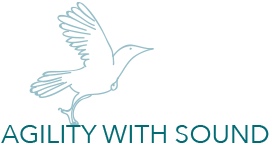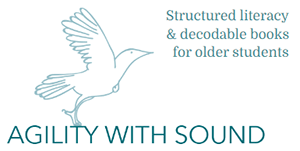What is reading, and how do writers know how to spell words?
Decoding and spelling words is about matching the sequence of letters, the spelling pattern, to the way a word is pronounced. I hear the word ‘speak’ in slow motion as s-p-ea-k, and there it is, the same sequence of sounds in the written word. This matching applies to all words, including words like laugh and does. Decoding is about making the match from spelling pattern to pronunciation, spelling is the same match in the opposite direction, turning the spoken pronunciation into a spelling pattern.
What are the skills involved?
The first of the two key skills in learning to read and write is the ability to hear spoken words in slow motion, to detect and identify each sound in the spoken word, to tease the word apart, to analyse. The second is about putting the string of sounds in the written word together to pronounce it.
Where does this all break down?
The student may have basic phonological skills (meaning skills related to the sounds of speech), but these skills are too weak. It is not enough to know that a is the first sound in apple and d is the last sound in bed. This thinking needs to be instinctive and automatic, it needs to become unconscious and virtually instant, and it needs to be flexible if it is to be useful in the process of reading and writing. This takes practice, and lots of it.
What about kids who can read well but spelling is a nightmare?
It is possible to read by partially decoding, by noticing the sounds at the beginning of a word, maybe some further along, and by the overall length and look of the word, especially with context to help. With practice, many kids get very good at this. But there are serious limitations. It is impossible to figure out words the reader has not heard before. And spelling involves writing down every sound, not just those at the beginning and a few others. This reading strategy inevitably results in poor spelling.
What are the consequences?
Figuring out words for partial decoders takes effort, even if it is unconscious. Students who read like this cannot give their full attention to comprehending the text. All are compromised, some much more than others, especially for difficult texts and unfamiliar subject matter. Writing will always be hampered by the effort required to spell.
What can be done about it?
Agility with Sound and Wordchain break the reading and writing process down into its component skills – all skills – and offer the many hours of practice in each component that older students need. How to hear the sounds in spoken words, how to match these to pronunciation, how to put longer words together, in other words how to decode and spell.
Even this is not enough. Transferring these skills to the reading process for students with entrenched bad habits is not automatic. Compromised comprehension skills and writing skills need to be addressed. Decodable books with a strong comprehension focus are essential.

